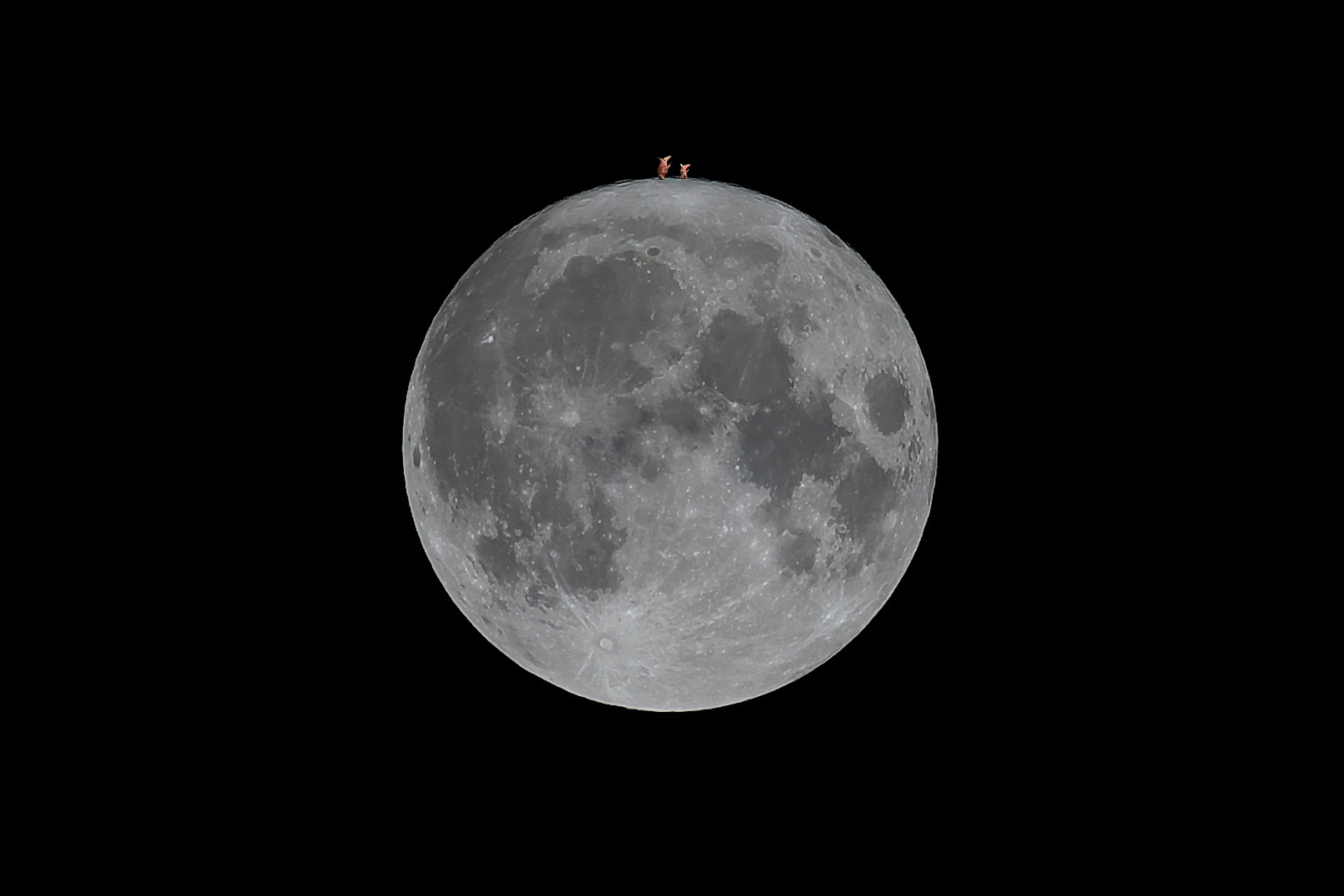 Originally posted by AfterPentax Mark II
Originally posted by AfterPentax Mark II 
Well, both are played by musicians

. I have never seen a raw file straight out of camera. I always see a jpeg representation. Photography is making a picture of what I see in a moment of time and which I want to share with others. But it has to be true. I should not make it more glamorous than it is. Photography should be honest, give a representation of what I saw and wanted to share. Post processing does not fit the bill for me as I am afraid it is done to enhance the scene, to make it more beautiful than it is. Some corrections I can live with. Might be best to say that my interpretation of photography as an art differs from how others see it. And making good forgeries is an art in itself

.
Interesting discussion

First off, I think there's a big difference between an image intended as documentation and an image intended purely as art (whatever that may be). But let's stick to the documentary kind for now.
I think much of the (perceived?) disagreement here stems from how we look at photography as being able to capture the truth. In my opinion a photograph can never be a true picture of what I saw. The gap between how a camera works and how my eye and brain work is too big. The best we can do is to make a picture that is as close to "how I saw it" as possible.
When I look at a scene, my eye/brain will dynamically adjust aperture as I look around, likewise adjust white balance continually. My brain will even edit out stuff that is unimportant to the scene; how many times haven't you come back and discovered a pole growing out of a subject's head, or a heap of garbage in the background? One could even argue that removing these items afterwards is more true to "how I saw it" than not removing them. I'm not, though

Speaking of being true; how acceptable is it remove items from the scene
before taking a picture? Or to change one's viewpoint so that a trashcan is hidden from view? I do that all the time, and isn't that as much "forgery" as removing them afterwards? To take it one step further, how truthful is it to stage photos?
How about changing lenses? With a wide angle lens I can make distances look much longer than they really were, and with a tele lens I can compress a scene. Neither of these will be true to what I saw. What about a Lensbaby? Totally unrealistic without a touch of post processing.
Not to speak of black and white photography. That is most definitely not a true representation of what I saw (as I'm not colour blind). It is a perfectly valid artistic representation, though.
Taking an image at a wide aperture will result in a much shallower depth of field than my eye has. Using a slow shutter speed will blur water like nothing I've ever seen in real life. Likewise, using a very short shutter speed allows me take a tack sharp image of a speeding bullet. I have never seen a speeding bullet, so again it's not true to what I saw.
My point is that the border between "truth" and "forgery" is very, very blurred. And I struggle to see how "pre processing" is any different from post processing. For me, what it boils down to is intent and honesty. In my view, I can do whatever I please with my images as long as I'm honest about what I've done. Staging photos is not a problem as long as you disclose that they're staged.


 Similar Threads
Similar Threads 























